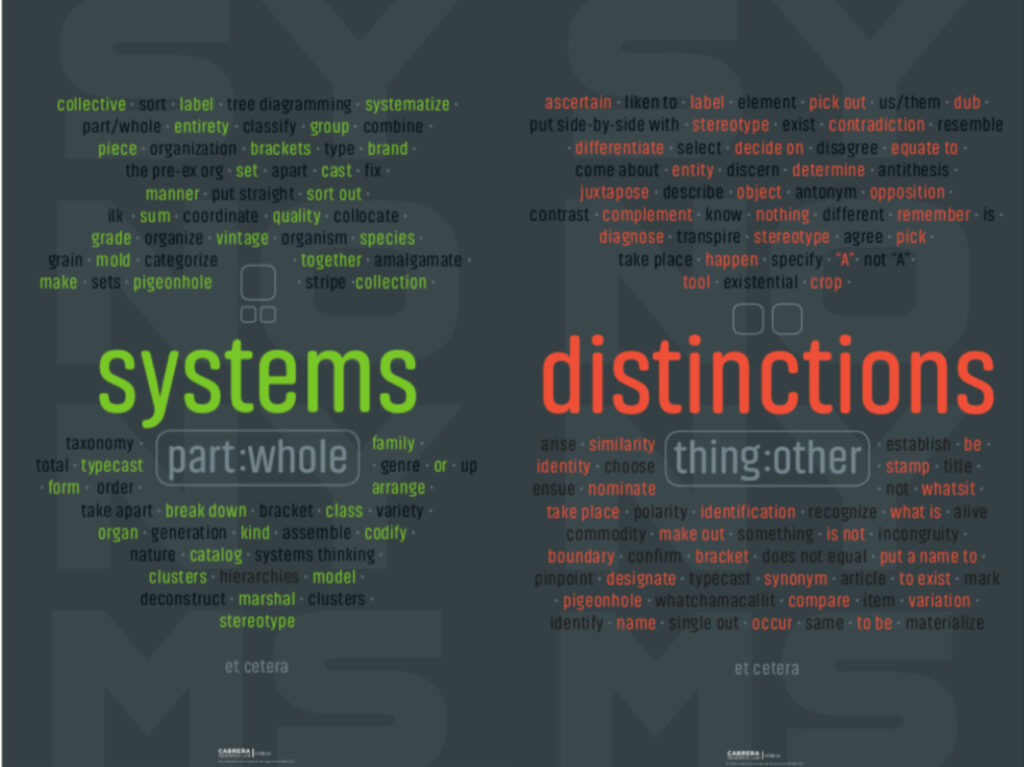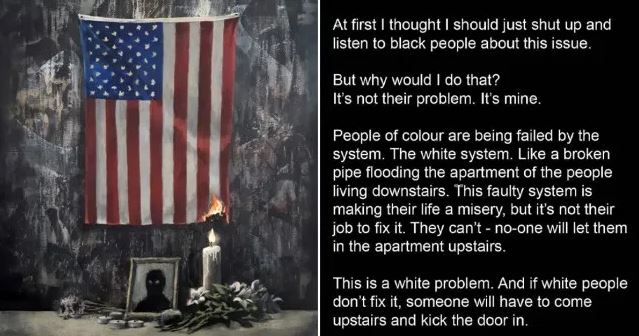
Crisis (危机) in Chinese is composed of two characters, wēi means danger, and jī means opportunity. In recent months, I’ve heard many western intellectuals refer to the Chinese interpretation of crisis. Sadly, few of them can properly pronounce the Chinese word. The Chinese saying goes, “Where there is a danger there is an opportunity.” It also works the other way. According to the Tao Te Ching (道德经) by Laozi (老子), a 6th century BC sage, “Weal follows upon woe; woe lurks within weal. (祸兮福之所倚,福兮祸之所伏。)” Entrepreneurs seek opportunity amid a crisis; underdogs seek hope amid a tribulation. If this year is for learning as our life-as-usual has been disrupted by the pandemic, it’s about time we reimagine a crisis.
We live in a systematic world. Every piece of the system interacts within a system and beyond. Put simply, when we look at a water system, we also learn how much fossil fuel-based energy production is dependent on water. Agriculture and public health industries can’t run without a water system. If we look at the health care system in the US, we have to consider the insurance industry, the pharma industry, the death care industry, the medical supply industry, and even the cleaning crew of medical waste.
Too often we see a matter distinct from the other agents that interact with it. We are myopic in a sense that we only see a problem and its immediate impact. If the hospital is running short of personal protection equipment, we seek help from suppliers at home and abroad. If our house is running out of paper towels, we order some more—or perhaps fanatically stockpile a few extra rolls. Chinese people often say when we have a headache, we treat the head. When we have a foot ache, we treat the foot. When a crisis occurs, it usually catches us by surprise like an eruption of volcano. But in the context of an active volcano, nowadays we have science to do the forecast in order to prevent significant damage. A crisis is an accumulation of problems that have been malfunctioning for some time.
Systems thinking is nothing new. It is a holistic approach in many fields of study such as medical, political, economic, environmental, and educational systems. The concept of the “whole-before-the-parts” is traced back to the Greek philosopher Aristotle, who said famously: “The whole is greater than the sum of its parts.” Chinese classic literature sheds light on how systems are applied to traditional Chinese medicine and the oriental systems engineering. Karl Marx synthesized systems theory into the development of Marxist theory and social science.
Today, if you read about business administration, you’ll see a number of coaching lessons and researches are about systems thinking. The 5W1H—what, when, where, who, why and how—principle is not a stranger to thinkers. And systems thinking provides a full picture, if not a specific answer, of 5W1H for anyone who wants to solve a problem.
I like any Rube Goldberg machine. I find the mastermind of it is a genius like the cartoonist Rube Goldberg. The simple mechanic principles in these overly complex devices have fascinated me since my childhood. The systems that we are living in—such as the US tax system and the legal system—look complex and almost incomprehensible to a non-technical audience. Aren’t they also Rube Goldberg machines?
If these systems are designed by the powerful who need a mechanism to protect themselves or protect the people in their rhetoric, they have succeeded. Because on the other end of the systems—the user end, a small potato like me who knows little about tax codes and legal procedures has no idea about the 5W1H should I want to change the systems for better performance. And even our lawmakers lament that the process of amending a law is cumbersome and time-consuming. But this can’t be an excuse for them not to attempt to make changes for an efficient system. Frankly, this change is not up to the users but the powerful. There is no shirking of responsibility for the lawmakers. The broken systems, as I wrote in “Heading For An Irreversible Future,” are the systems that are no longer meeting the needs of contemporaries in the 21st century. What were perceived as legal and ideological advancement when this country was founded show signs of age and incoherence. We need to fix the systems in accordance with our needs of the time.
In systems thinking, there are two kinds of feedback loops: reinforcing (positive) and balancing (negative). A feedback loop occurs when a change in something ultimately comes back to cause a further change in the same thing. If the further change is in the same direction, it’s a reinforcing loop. If it’s in the opposite direction, it’s a balancing loop. For instance, the relax of social distancing will increase covid infections. The more we encourage social activities as usual, the more infections are likely to occur. This is a reinforcing loop. If we continue to practice social distancing, the infections will slow. This is a balancing loop.
A poll conducted by the University of Chicago shows Americans are more unhappy today than they’ve been in nearly 50 years. For years, social capital and natural capital have been neglected in this country while economic capital is front and foremost in the agendas of the powerful. I’m not surprised by the poll result. If our elected officials really care about the people as they claim, this is an unsettling indicator for a problematic feedback loop. Will they make changes to increase happiness for more constituents in order to form a balancing loop? Or will they make changes to protect the wellbeing of the privileged few, letting a reinforcing loop bring about a crisis?
The English word “economics” is derived from the Greek word “oikonomia,” meaning “household management.” Aristotle termed economics as a science of “household management.” When it comes to household management, I must shout out to the homemakers who are predominantly women. Although the condition is improving, in many societies, women still don’t have equal opportunity to work in the labor force as men do. Women have kept an orderly system of household duties, from childcare to grocery finance, from house reception to family travel planning. It’s long overdue that women should be part of the decision making of the nation’s economics. I bet if there are more women in the field of public policies, our social capital and natural capital will not be in as a bad shape as now.
A sharp statement by street artist Banksy about racism has touched on systems thinking, too. In his message, he realized that racism “is a white problem.” He wrote: “People of colour are being failed by the system. The white system.” In the white system, the history of Holocaust is remembered by the public in a more high-profile manner than the history of the Indian massacre of 1622 or the history of Juneteenth. I am neither white nor black but I may also get myself into trouble because of my ignorance of the history of all colors.
Weal follows upon woe; woe lurks within weal. We may not see the flashing light of warning in our systems, but it doesn’t mean the risks do not exist. Our systems are so complex that the part that we are looking at now may not be affected, but that does not mean it won’t be affected for later. The 14-day period of coronavirus infection is a good example because an infection may not appear right away. If we can reimagine the systems, we may reimagine our happiness. Or else, no matter how safe we feel at this moment, the crisis is looming in the face of our complacency.

